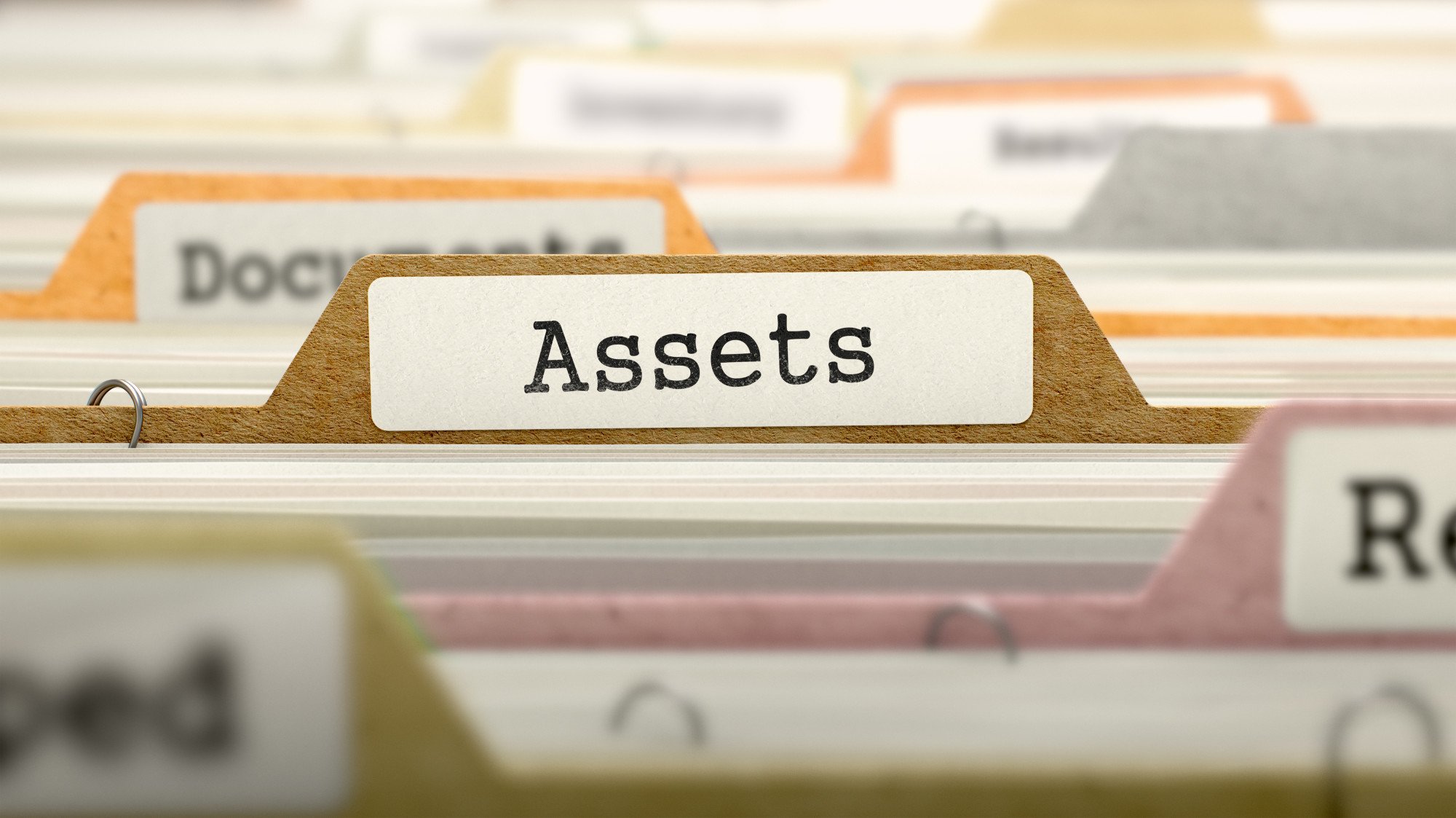

About 17% of Canadians are struggling to manage their money and do not have a clear budget in place. Most often, they report not having the time to budget or finding money management boring. Still, others fail to budget because the topic overwhelms them.
No matter the reason for letting money management slip through the cracks, not having a plan can be a disaster for your financial wellness. Why is money management important? The answer to this question will open your eyes to a whole new way of spending!
In this post, we’ll walk you through the benefits of money management. Then, we’ll share practical spending tips to help you get started on your journey to financial health. Keep reading to learn all this and more!
Why Is Money Management Important?
Money management involves effectively handling your finances with the goal of financial stability by:
- Creating a budget
- Making informed decisions about spending
- Tracking expenses
- Saving and investing
All of these steps, when combined, help you maximize your resources and secure your financial future.
Just like hitting the gym helps your physical health, managing your money boosts your financial health. You’re better equipped to handle emergencies, investments, and future goals. Take a look at some of the specific benefits of money management!
Debt Prevention and Reduction
When you manage your money well, you become less reliant on credit and loans to make ends meet. This independence frees you from the shackles of interest rates and fees.
You can also allocate funds to pay off existing debts faster. If you’re paying interest on these debts, paying them off will save you big in the long run.
Savings for Goals
Money management requires you to keep track of your income and expenses. This heightened awareness of your financial behavior helps you make informed decisions. The best thing is that you’ll have money left at the end of the month to save.
Whether it’s buying a house, going on a dream vacation, or starting a business, effective money management allows you to save up for your goals and aspirations.
Emergency Preparedness
Life is full of surprises, some good and some not so much. With a well-managed financial plan, you’re better prepared to handle unexpected emergencies without resorting to panic or debt. Whether it’s the birth of a child or a medical emergency, you’ll have what you need to cover the expense.
Enhanced Credit Score
Responsible money management, including timely bill payments and controlled credit utilization, contributes to a healthier credit score. A good credit score opens doors to better financial opportunities. Lower-interest loans, higher limits, and more perks await those with a healthy credit score.
Peace of Mind
Perhaps the ultimate benefit of money management is the peace of mind it brings. You can sleep soundly at night knowing you have a solid plan in place to handle whatever comes your way. You’ll also be less stressed, which contributes to better health.
Remember, money management isn’t about deprivation or counting every penny. It’s about making conscious choices, setting goals, and ensuring that your financial present and future are secure and fulfilling.
How to Manage Your Money Successfully
All these benefits sound great, right? But if you want to experience them for yourself, you have to put in the work. Find out how to save up money and manage your finances in the steps below!
Step 1: Assess and Set Financial Goals
Calculate your monthly income, including any side gigs or part-time jobs. Then, list your monthly expenses, such as rent, utilities, groceries, and entertainment. This gives you a clear view of where your money is going.
What do you want to achieve with your money? Write a list of short-term and long-term goals. No matter what you want to do, having clear goals helps you prioritize your spending and saving.
Step 2: Create a Budget
Based on your income and expenses, create a budget. Allocate specific amounts to different categories like:
- Housing
- Food
- Transportation
- Entertainment
- Savings
Stick to these limits as closely as possible.
Step 3: Track Your Spending
Keep tabs on your spending. Use a notebook, spreadsheet, or budgeting app to record every expense. This helps you see if you’re staying within your budget and identify areas where you might be overspending.
Step 4: Build an Emergency Fund
Life throws curveballs. Start building an emergency fund by setting aside a portion of your income each month. Aim for at least three to six months’ worth of living expenses in case of unexpected events.
Step 5: Pay Off High-Interest Debt
Do you have credit card debt or high-interest loans? If so, focus on paying them off as quickly as possible. The interest on these debts can drain your finances over time.
Step 6: Save for Short-Term Goals
If you’re saving for something specific within the next few years, like a new laptop or a down payment on a car, create a separate savings account for that goal. This prevents you from dipping into your emergency fund or long-term savings.
Step 7: Automate Savings
Set up automatic transfers to your savings, retirement, and investment accounts. This “set it and forget it” approach makes it easier to save consistently without the temptation to spend that money elsewhere. You can have this money sent every payday, ensuring the desired amount is left for your goals.
Step 8: Invest Wisely
Once you have your emergency fund and short-term savings established, consider investing for long-term growth. Look into low-cost index funds, mutual funds, or stocks. Remember, investing carries risks, so do your research or consider seeking advice from a financial advisor.
Unlock Financial Wellness with Money Management
So, why is money management important? In short, it’s the key to a better life and financial health. Open the door to your future by creating a budget today!
Just like any skill, money management takes time and practice to learn, so be patient as you start this new journey.
Credito is here to help you every step of the way. Whether you need a loan to make your dreams happen or want to learn more great tips, we can help. Check out this article that can help you save money on groceries!





